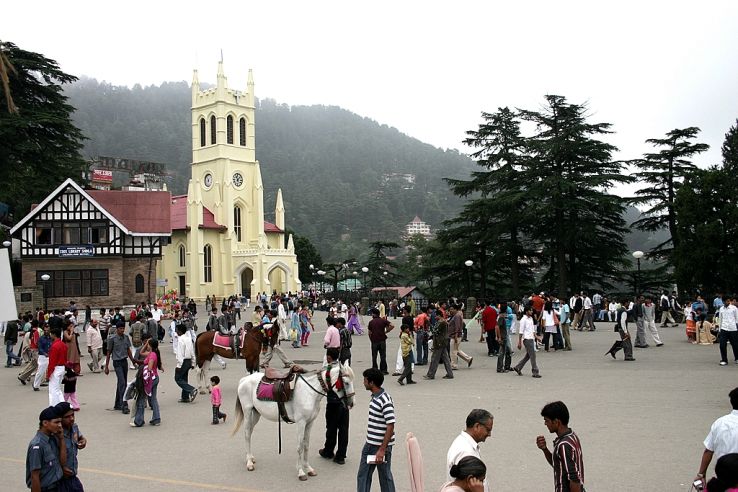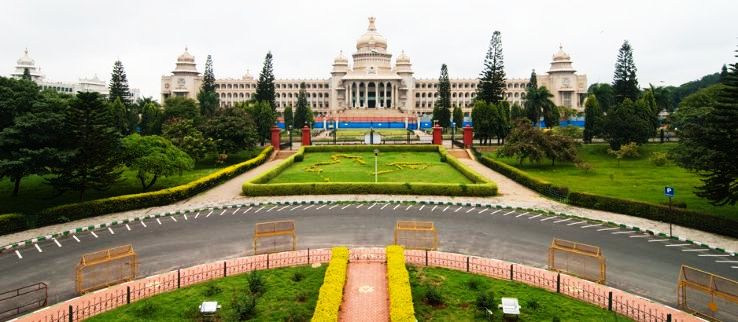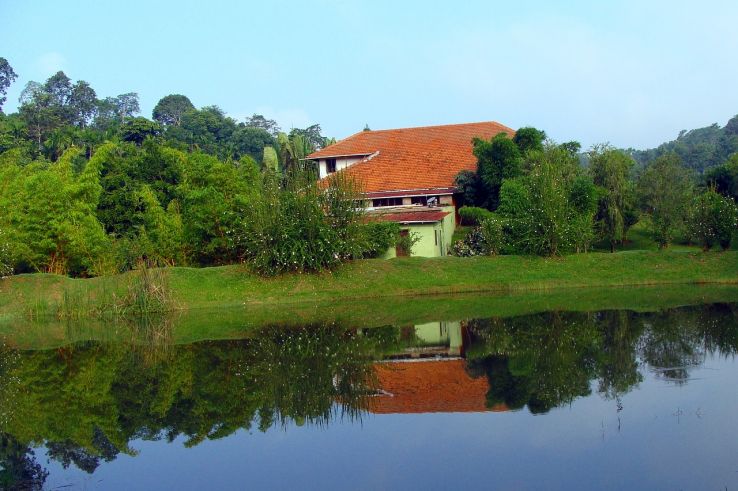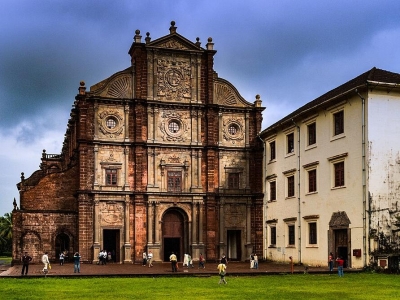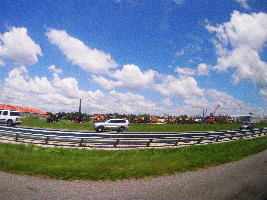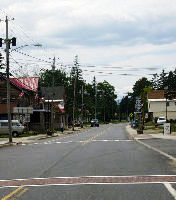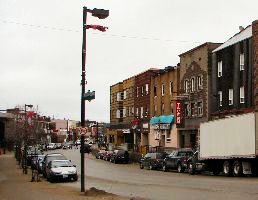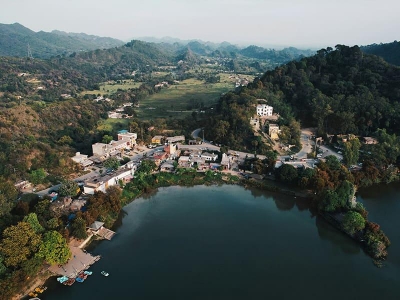Gottingen
About Gottingen
Gottingen is a city in Lower Saxony, Germany, the capital of the eponymous district. It is gone through by River Leine. Toward the beginning of 2017, the populace was 134,212. The inceptions of Gottingen lay in a town called Gutingi, first referenced in a record in 953 AD. The city was established northwest of this town, somewhere in the range of 1150 and 1200 AD, and embraced its name.
In medieval occasions the city was an individual from the Hanseatic League and consequently a well off town. Today, Gottingen is well known for its old university Georgia Augusta, which was established in 1734 first classes in 1737 and turned into the most visited college of Europe. In 1837, seven teachers challenged the outright sway of the lords of Hanover; they lost their workplaces, however ended up known as the "Gottingen Seven".
Its graduated class incorporate some outstanding authentic figures: the Brothers Grimm, Heinrich Ewald, Wilhelm Eduard Weber and Georg Gervinus. Additionally, German Chancellors Otto von Bismarck and Gerhard Schroder went to graduate school at the Gottingen University. Karl Barth held his first residency here. Probably the most popular mathematicians ever, Carl Friedrich Gauss, Bernhard Riemann and David Hilbert, were educators at Gottingen.

